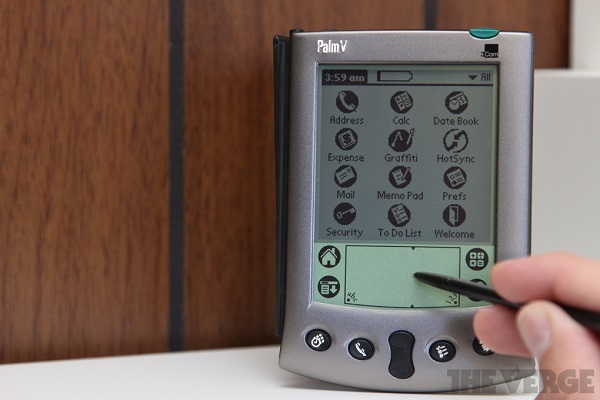The manufacturer of the Snapdragon chipsets, which power most Android devices, has increased its portfolio by buying 1,400 US patents and patent applications, as well as 1,000 patents and patent applications abroad from HP.
Just when everyone thought that Palm is dead, buried and smelling putridly, Hewlett Packard’s iconic PDA (Personal Digital Assistant) makes a comeback as part of a major patent sale. Some have already started claiming that Qualcomm wants to bring PDAs back, but since smartphones and tablets are so prevalent, how would that make any sense?

Another theory is that Qualcomm will offer patent protection to any OEMs who buy their chipsets. This would keep such companies as HTC, LG and Samsung away from getting sued by Apple and Nokia all the time. Beefing up on key patents was a move that HP themselves did back in 2010, when they purchased Palm for $1.2 billion. From Qualcomm’s viewpoint, this huge portfolio of patents and patent applications will represent a major selling point for their chipsets.
LG has launched a gigantic smart TV running webOS at CES 2014, and since that new line of tellies uses HP and Palm patents, it will be interesting to see how LG interacts with Qualcomm. LG bought the rights to webOS from HP, but the deal did not include any of the patents that are now owned by Qualcomm.
In an interview with The Verge, an HP spokesperson mentioned that “This does not change our strategy with respect to mobile, and we will retain a license to these patents.” In other words, don’t be surprised if you see a Palm or iPaq device coming from HP in the near future, as retaining the licenses would allow them to do that.
I remember owning a Palm Treo 680 back in 2008, and saying that by today’s standards that was a relic would be an understatement. Over time, I also go my mittens on iPaq devices and other PDAs made by HP, and seeing these making a comeback would be somehow unsettling. HP’s smartphones and PDAs made history at that time, but I’m not sure that bringing back devices under those name would have a major impact on people.
Things are still uncertain as to how Qualcomm will use all these patents, but moving from chipsets to whole mobile devices wouldn’t be easy for them. On the other hand, the patents would work as a defense mechanism, anyway.
If you liked this post, please check the Google Chromebook 11 made by HP that charges over microUSB and the HP Slate 21.










